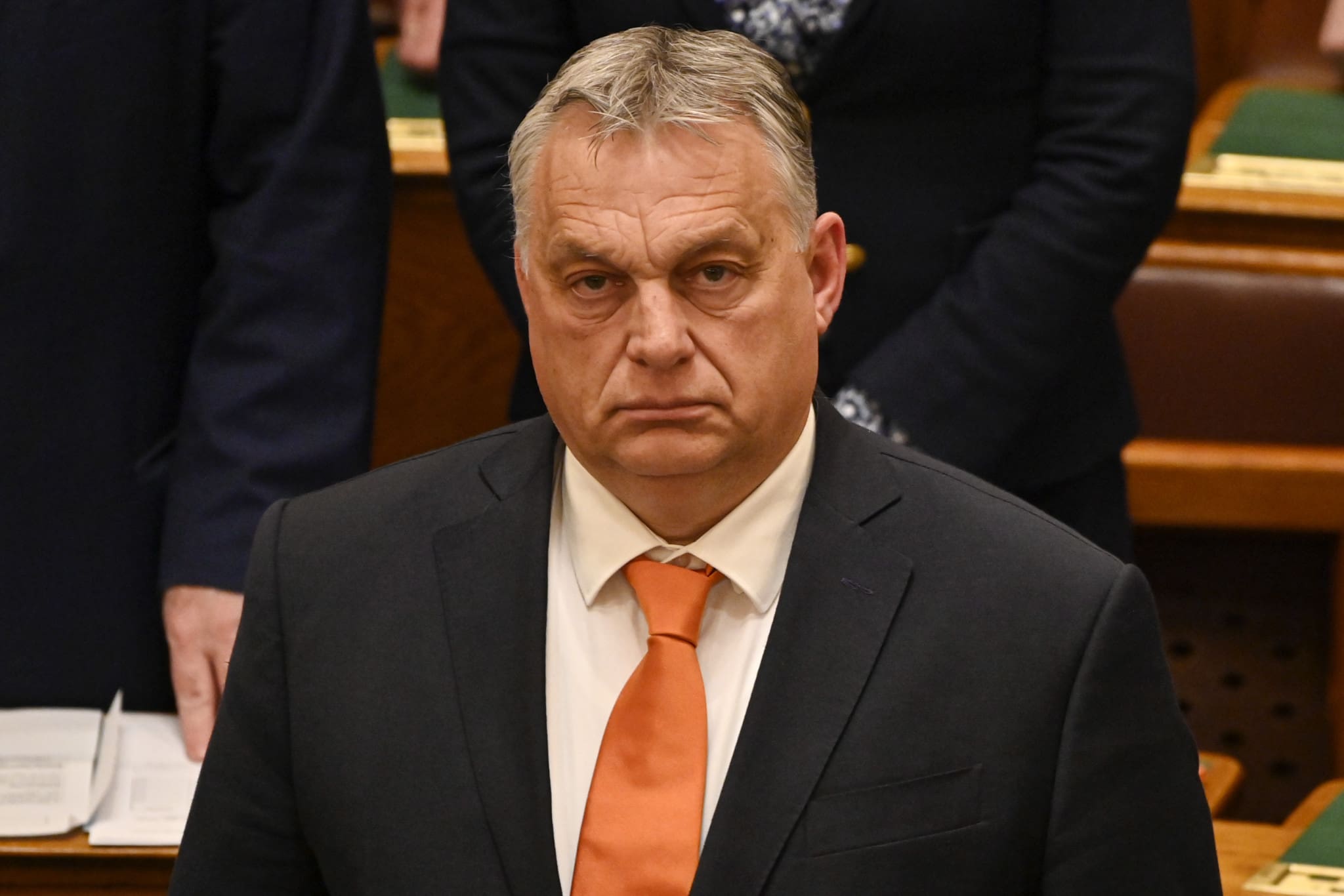Hungarian Prime Minister Viktor Orbán has expressed his concern at the European Union’s current trajectory after controversial new plans to impose mandatory migrant quotas on member states — and fine those who do not comply — were approved earlier this month by EU interior ministers.
In an interview with Zsolt Törőcsik at Kossuth Radio, Orbán lamented the fact that member states with external borders had undertaken some important work in border protection over the past few years, following the influx of mass immigration experienced in 2015. And now this work will be undone by Brussels giving the signal for prospective migrants to try their luck in reaching Europe, knowing they will be accommodated by the bloc.
“I felt that, step by step, over the last few years, (Hungary had) managed to open up the space for common sense and to shift the attention of the decision-makers in Brussels from the mandatory distribution quota for migrants to border protection,” Orbán told viewers tuning into the Kossuth Radio live stream.
“Because the way to solve this situation is not to distribute migrants, but to protect Europe’s external borders. And so we had moved in that direction. I felt that we had already won this battle. And now, all of a sudden, a decision comes along, quite swiftly and quite brilliantly, which says that whichever country does not let in migrants will be forced to do so.”
“It is not acceptable, of course, which is why Hungary and Poland voted against the decision,” he added.
[pp id=80717]
The EU plans, known as the EU Migration Pact, do not state how many migrants member states will be expected to receive, and Orbán is concerned about the ramifications these decisions made centrally with have on Hungarian communities.
“The next question is how many they will force on us. Now they are deciding that. So they are creating rules that give Brussels the right to say how many migrants they will distribute.”
“So, several countries have indicated that they do not agree. We do not want to implement it. In the end, we are facing a very unpleasant turn of events here,” he explained.
Poland and Hungary were the only two nations to reject the plans after an Italian-led coalition against the move collapsed at the last hour. Italian Prime Minister Giorgia Meloni was offered some minor concessions on the power of member states to deport those whose applications are rejected on reasonable grounds.
[pp id=81028]
The Hungarian prime minister remains skeptical as to how the scheme will work in practice. He believes that forcing nation-states to receive migrants who don’t necessarily even want to reside in the country they are sent to is a recipe for disaster.
“It is difficult to see how this will happen. Let’s say there are these migrants in Germany, and then let’s say they don’t want to come here, of course, and I’ll do everything I can to make sure they don’t, but they don’t want to come here themselves because they think that they might get more money in Germany, and the (German authorities) will take them and collect them. And then they put them in wagons in Germany? And then they’ll bring them over to us and unload them here, and we’ll keep them here?”
“So to even think about it is extremely unrealistic and contrary to human nature and humanity. It is also against our human interests, our rights, and those of the migrants. It is a very bad solution, and it is no coincidence that we have been fighting against it for many years,” he added.
[pp id=81289]
On the wider issue of mass immigration into Europe, Orbán has long held the view that such a policy is fraught with difficulty and danger and insists that member states should retain the competence over who they admit into their own territories.
“It has become clear that there is a huge security risk in all of this, that there has been an increase in terrorist attacks and that law and order is on the verge of collapse in many countries. If not in whole countries, then certainly in some cities and regions. And there have been alarming news stories.
“We do not want to be proved right in this debate. So, we do not want to say that the Hungarians are right and not the Germans, we just want to say that the Germans should be right in Germany and let the Hungarians be right in Hungary,” he added.
[pp id=81835]
The Hungarian leader called for Germany to be allowed to operate its own migration policy as it sees fit, and for the Hungarian government to be allowed the same.
“This is our country. Hungary is the homeland of the Hungarians. We do not want to experiment with it. We think it is risky to experiment. The kind of situation where large numbers of migrants from a different culture arrive, illegally, is a recipe for trouble. We do not want to take that risk. It is our right.
“All we ask of the people in Brussels is that they do not try to tell Hungary who we Hungarians live with here. They should not tell us what our migration policy should be because that is Hungary’s exclusive internal affair.”






